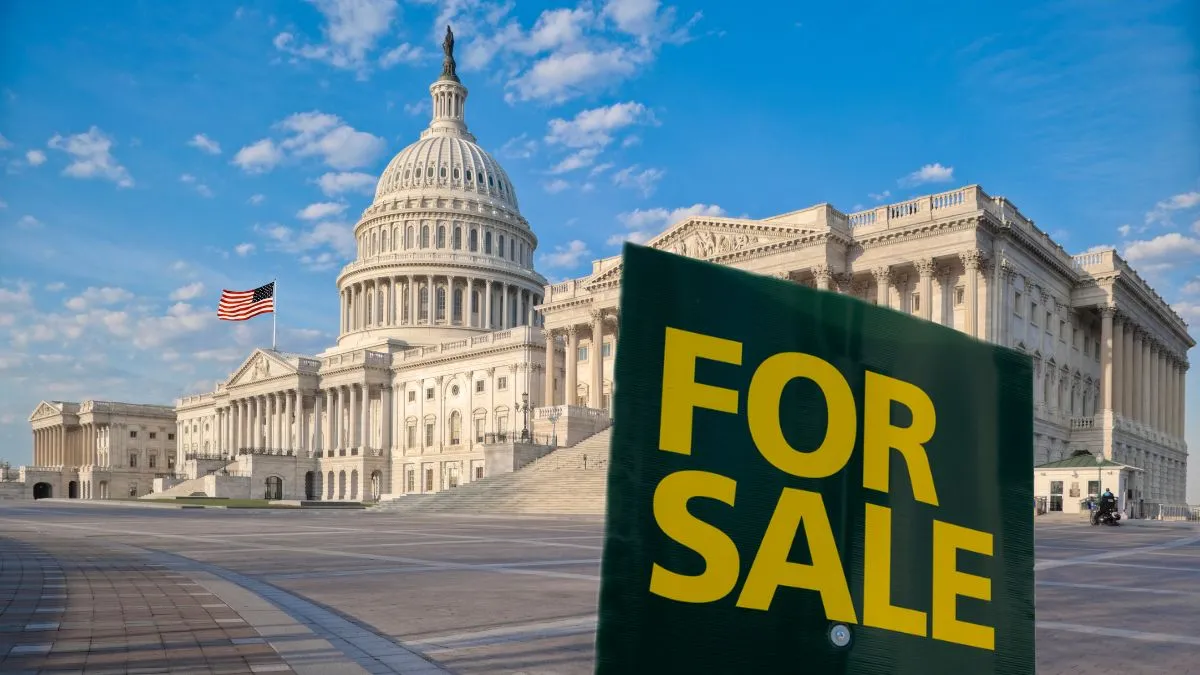The idea of Elon Musk potentially becoming Speaker of the House in the U.S. has sparked heated debates, with many seeing it as a sign of the growing influence of billionaires in politics. Musk’s financial backing of political campaigns, including millions donated to Donald Trump’s reelection effort, has raised concerns about how the ultra-wealthy are using their money to manipulate the political system. His influence has extended beyond campaign donations; he has even been linked to affecting policy decisions and playing a role in halting a key spending bill, leaving House Speaker Mike Johnson to take the blame.
What makes the idea of Musk as Speaker particularly unsettling is that there’s no legal requirement for the position to be filled by a current member of Congress or someone with prior political experience. This “gentlemen’s agreement” from 1789 has allowed anyone, even a billionaire with no public office experience, to step into the role, should they garner enough support.
The potential appointment of Musk to such a powerful position brings up visions of an oligarchy in which the wealthiest individuals, like Musk, use their money to buy political power. Given Musk’s vast fortune—nearly $100 million more than the next richest person, Jeff Bezos—the prospect of him gaining a stronger foothold in U.S. politics, or even the presidency, is a concerning thought for many.
Musk’s already busy schedule, sitting on the boards of several companies and spending hours a day on social media, adds another layer of skepticism to his ability to perform the duties of Speaker effectively. Critics argue that a man so deeply involved in his business empire would be unable to fulfill the responsibilities of such a crucial government position.
While it remains unclear whether this is simply a political tactic from Republicans to provoke fear and garner attention, the conversation around Musk’s influence on U.S. politics is one that should be taken seriously. Citizens are encouraged to voice their opinions to their representatives to ensure that any such decision is met with strong resistance if it comes to a vote.




